Growth of a Continent
Die Küstenlinie Nordwest Amerikas ist das Ergebnis eines seit 150 Millionen Jahren anhaltenden geologischen Prozesses der stückweise die Staaten Alaska, British Columbia, Washington, Oregon und Kalifornien vom Ozeanboden abgeschürft hat.. Geologisch gesehen gehören diese Staaten daher nicht zum ursprünglichen Kontinentkern Amerikas. Während der Drift der pazifischen Ozeanplatte kollidierten wandernde Minikontinente, Tiefseevulkane und Teile des Ozeanbodens selbst mit Amerika. Heute gleitet die Juan de Fuca Ozeanplatte, ein abgebrochener und rotierter Teil der Pazifikplatte, unter den amerikanischen Kontinent ab und erzeugt dabei die Vulkane der Cascade Range. Erosionskräfte wirken diesem Prozess entgegen. Die 20 Millionen Jahre alten Hoh-Sandsteine entlang der Olympic Küste sind der Brandung ausgesetzt, wodurch die baumbestandenen Felsnadeln entstehen. Die gerundeten Steine sind Flysch, eine verkippte, tektonische Sediment-Mélange, die beim abtauchen der Ozeanplatte abgeschürft wird –der Kontinent wächst weiter.
August 2008
Canon 20D, Canon EF-S 10-22mm, f/16, 2 Sek, ISO 100, Stativ
Mehr Information unter
www.lichtjahre.eu
Where Geoscience Meets Art - Die Ästhetik der Geowissenschaft
Ein Projekt, das die Schönheit der Natur dokumentiert
und zum Verständnis der Geowissenschaften beiträgt
----------------------------------------------------------------------------------------
Today's coastline of northwestern America is the result of an still ongoing complex geological process that step by step piled up Alaska, British Columbia, Washington, Oregon and California from the sea floor during the last 150 million years. Geologically speaking, these states do not belong to the primordial craton of the American continent. Wandering microcontinents from afar and sea mounts along with parts of the sea floor itself collided with America during the everlasting sea floor drift of the Pacific Ocean plate. Such land of different rock composition is called terrane. Today, the Juan de Fuca ocean plate, a broken off and rotated part of the Pacific plate subducts below the continent giving birth to the volcanoes of the Cascade Range. Erosional forces counteract to this process. The 20 million years old Hoh sandstone along the Olympic coastline is permanently attacked by waves resulting in huge tree-topped sea stacks. The surf rounded black pebbles are flysch, a steeply tilted tectonic mélange scraped-off the ocean floor during the subduction process – the growth of the continent.
August 2008
Canon 20D, Canon EF-S 10-22mm, f/16, 2sec, ISO 100, tripod
More information:
www.lichtjahre.eu
Where Geoscience Meets Art
A project that documents Nature's beauty
and enhances understanding of geosciences
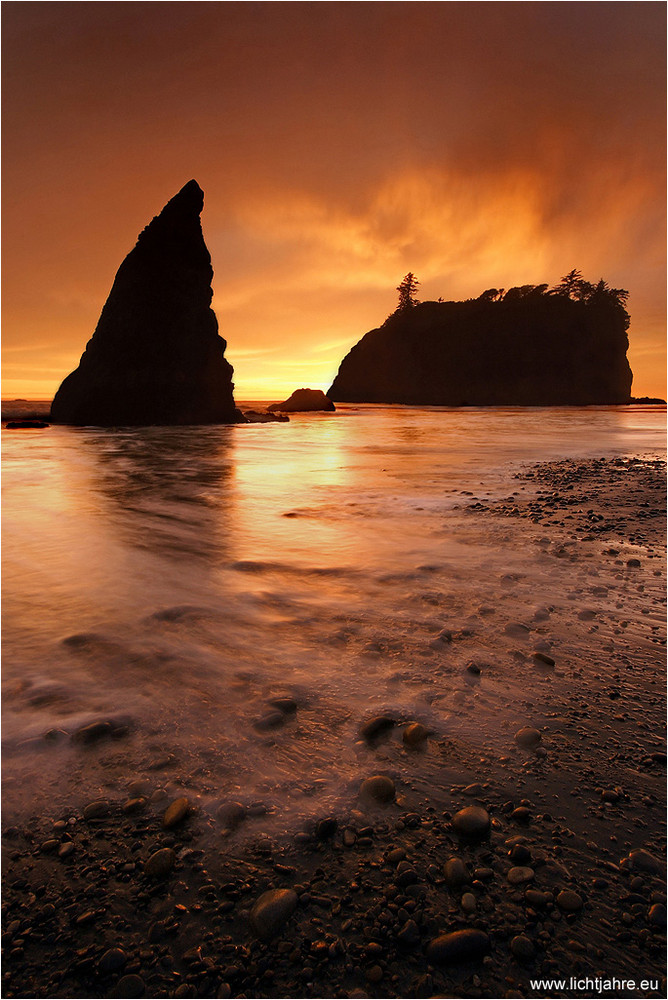
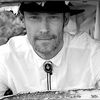





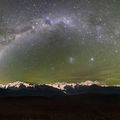

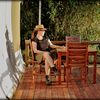
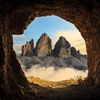
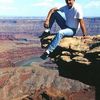
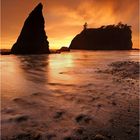
angel-dd 29/03/2011 17:07
Schön Aufnahme und tolles Licht.LG Angel
Imhof Reto 14/03/2009 16:25
Auch ein schönes Bild, sehr schön mit dem Licht,Lg Reto
Roland.H 05/03/2009 16:12
geniale Aufnahme, Lichtstimmung und Farben top.LG Roland
Monika Schieferstein 05/03/2009 14:06
Wunderbare Aufnahme.....Farb und Lichtstimmung toll
lg Monika
Iris Fleschutz 05/03/2009 13:39
Ein schönes Motiv, guter Bildaufbau und feine LichtstimmungLg Iris
Christian Klepp 05/03/2009 13:19
@Ern:Dank und gerne!
Ern Jacoby 05/03/2009 13:17
Freut mich mal wieder ein Bild mit den Pro Infos gespickt von dir zu sehen - ein Hochgenuss wie gehabt!LG Ern